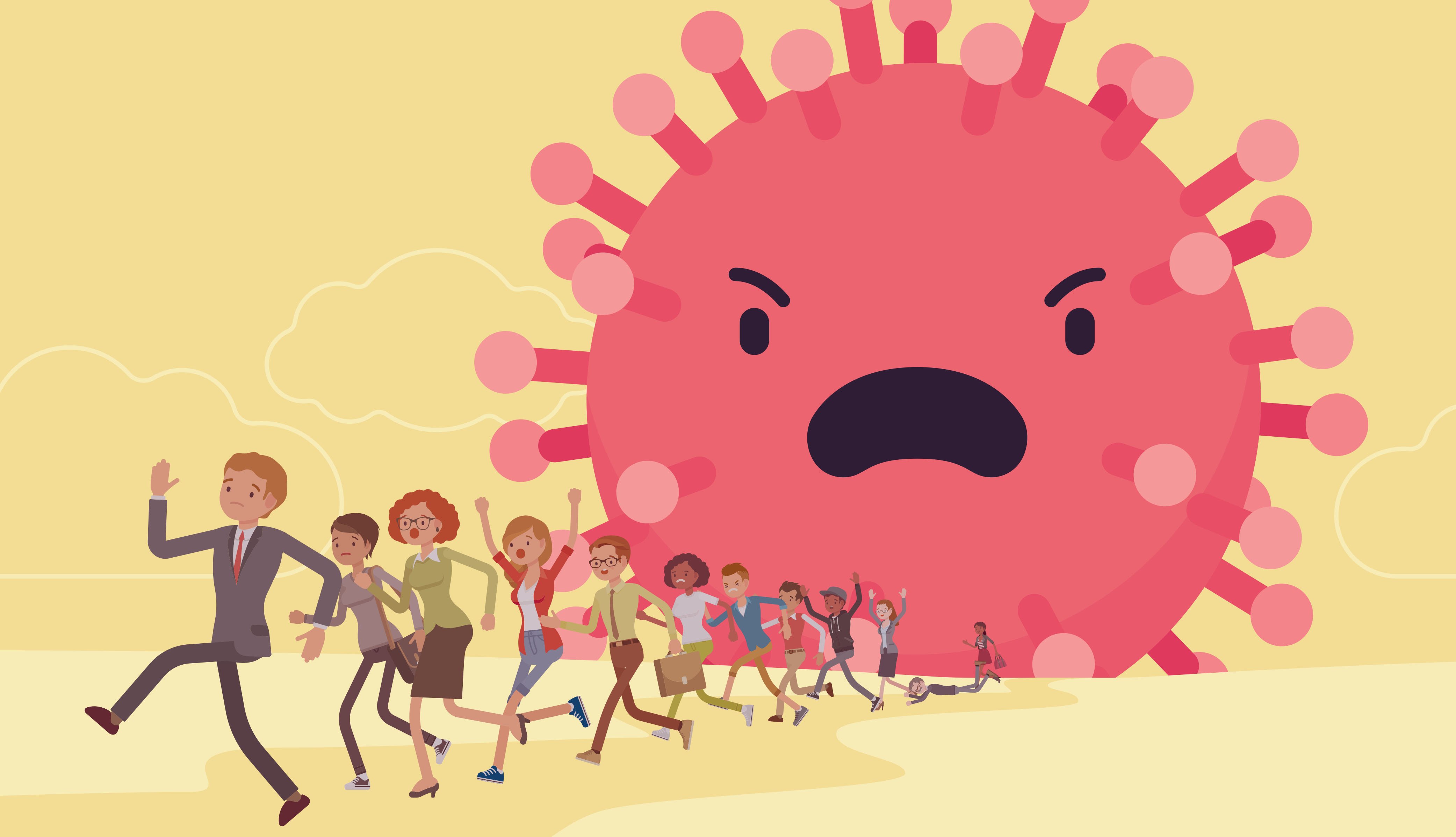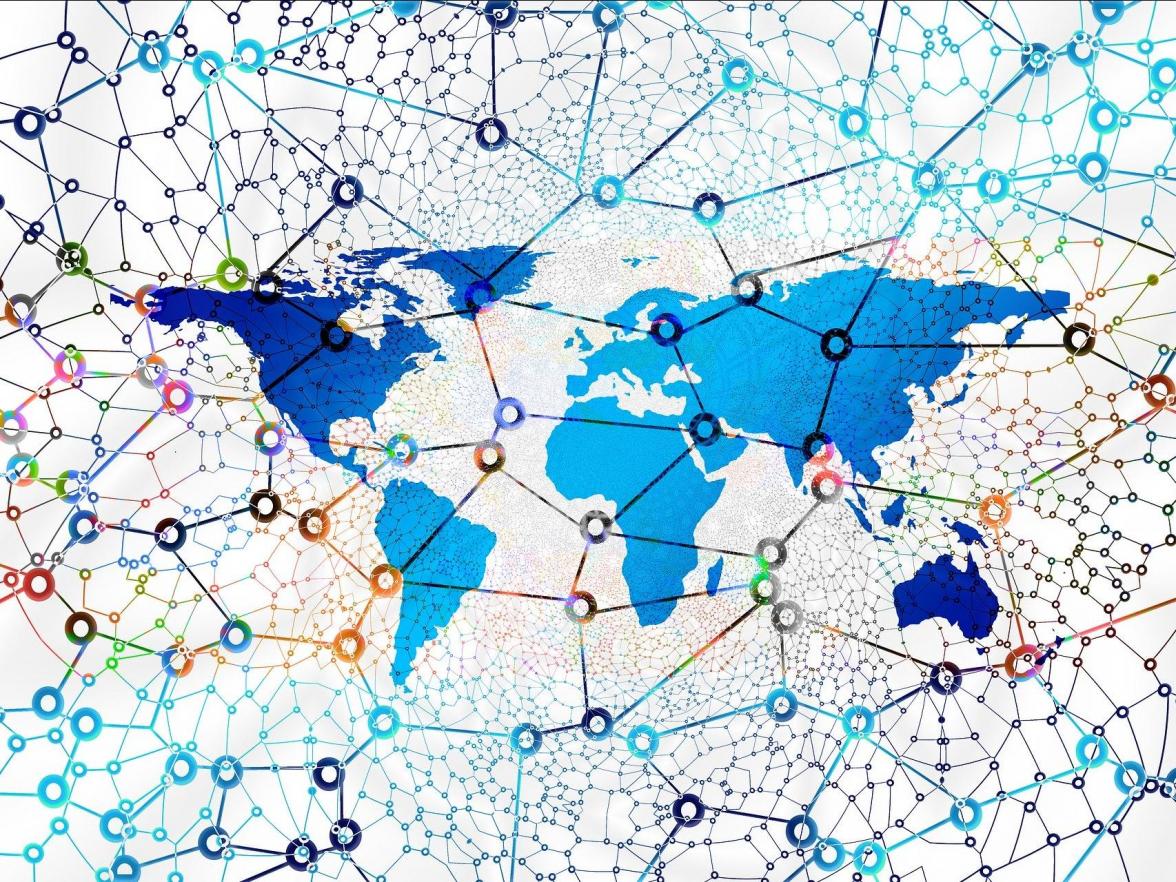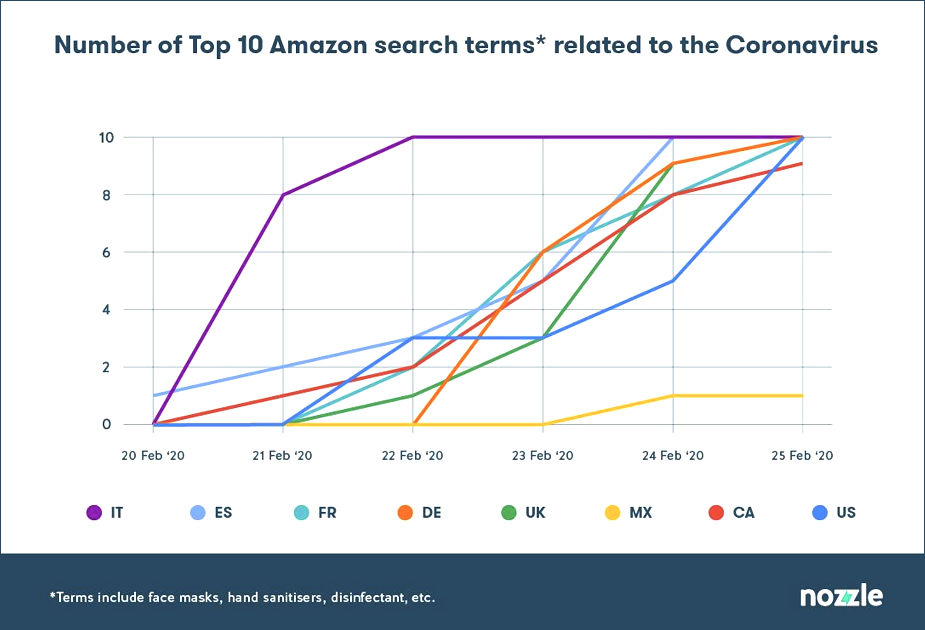The Five Odd Effects of the Pandemic
 The pandemic is still raging, but we have vaccines now, and people around the globe are really getting their act together to help fight the spread of the outbreak. Here’s to hoping the nightmare will soon end! In the meantime, though, how about we acknowledge just how strange our lives have become in the wake of Covid-19… In fact, there are some consequences of the rampaging virus – and our subsequent actions to contain it – that would be truly hard to predict. Let’s dive in to see some of the weirder examples…
The pandemic is still raging, but we have vaccines now, and people around the globe are really getting their act together to help fight the spread of the outbreak. Here’s to hoping the nightmare will soon end! In the meantime, though, how about we acknowledge just how strange our lives have become in the wake of Covid-19… In fact, there are some consequences of the rampaging virus – and our subsequent actions to contain it – that would be truly hard to predict. Let’s dive in to see some of the weirder examples…

Video games are good now?
Wait, what? WHO has actually recommended playing video games? Apparently so. Although in 2019 the organization classed video gaming as a potentially dangerous, addictive activity, almost a disease, it now suggests that playing can be a way of maintaining social connection while practicing social distancing. Sign me right up! Who knew one day I could be playing Angry Birds to save lives?

Scientists are hard at work figuring out the virus and how to stop it. Some are actually looking at our gene makeup to see if it may hold the answer. And strangely, it’s not the DNA of homo sapiens that is of interest to some, but of homo neanderthalensis – the Neanderthal. Our cousins (who went extinct 40 000 years ago) had interesting genes that protected them from many viruses. Well, according to the study, not everyone with a little Neanderthal in them is blessed. Some genes inherited from homo sapiens relatives may, sadly, increase the odds of going through the severe case of Covid. Good news is, if you come from Africa, you probably have neither of the gene clusters.
Air pollution went down… and then up!
CO2 emissions have been at an all-time low at the beginning of the pandemic. And in some countries, like New Zealand, the drop in greenhouse gas emissions was calculated as close to 25%. In China and elsewhere, while emissions dropped, particulates – small particles in the air – have actually increased. Clearly, the relationship between emissions and traffic (or lack thereof) is not as simple as we thought. Still, scientists are using information gathered during lockdowns to understand this link better and control pollution in the future. So something good may come out of this for the environment after all!

One unexpected knock-on effect the pandemic has had was the sudden change in typical human behaviours. So what, you say? Sadly, a lot. AI algorithms are used everywhere nowadays, from predicting when to stock up on necessary items by the sellers, to machine-generated ads based on our interests or marketing based on what we bought recently. Many of these implementations of AI went haywire – they were not programmed to respond well to such great changes in data it gathers. In other words, when people started to buy out toilet paper in bulk (something they didn’t do before), machines stopped understanding what was going on. On the plus side, Terminator days are not quite here yet. On the flip side, this compounded the adverse effects of the virus on global economy.

Still think the worst that can happen is just catching the virus? Think again! Or maybe, you know, practice social distancing and wear a mask. Hopefully the weird days will soon be over. In case they’re not, stock up on pennies – cause that’s one other bizarre shortage caused by the pandemic. So weird!
VOCABULARY
to rage – szaleć
vaccine – szczepionka
to get one’s act together – wziąć się w garść, pozbierać się
spread – szerzenie się
outbreak – wybuch (epidemii)
here’s to hoping that… – oby…, miejmy nadzieję, że…
in the meantime – w międzyczasie
to acknowledge – przyznać, potwierdzić
in the wake of sth – w następstwie czegoś
rampaging – szalejący
subsequent – następczy, kolejny
to contain sth – tu: powstrzymać coś, pohamować
to predict -przewidzieć
to dive in – dać nura, zagłębić się (w coś)
to recommend doing sth – zalecać robienie czegoś
apparently – najwyraźniej
to class sth as sth – sklasyfikować coś jako coś
addictive – uzależniający
disease – choroba
to maintain sth – zachować coś, utrzymać
social distancing – dystansowanie społeczne
sign me up! – tu: z chęcią skorzystam!
Neanderthal – Neandertalczyk
scientist – naukowiec
to be hard at work doing sth – mozolnie coś robić, starać się coś zrobić
to figure sth out – tu: poznać coś, rozpracować
makeup – tu: skład (czegoś)
to hold the answer – kryć w sobie odpowiedź, być kluczem (do czegoś)
of interest – interesujący
extinct – wymarły
to protect sb from sth – chronić kogoś przed czymś
according to sth – zgodnie z czymś, według
blessed – błogosławiony
to inherit sth from sb – odziedziczyć coś po kimś
relative – krewny
odds of sth – szanse na coś
severe – ostry, dotkliwy
cluster – grupa (np. genów)
pollution – zanieczyszczenie
an all-time low – rekordowo niski poziom
greenhouse gas emissions – emisje gazów cieplarnianych
elsewhere – gdzie indziej
particulates – cząstki stałe (w powietrzu)
relationship – relacja
traffic – ruch (np. uliczny)
or lack thereof – czy też jego brak (o czymś, co było wspomniane przed chwilą)
to gather sth – zebrać coś
lockdown – kwarantanna narodowa
knock-on effect – efekt domina
behaviour – zachowanie
so what? – to co?
AI (artificial intelligence) – SI (sztuczna inteligencja)
algorithm – algorytm
nowadays – obecnie
to stock up on sth – zaopatrzeć się w coś
ad (advertisement) – ogłoszenie
implementation – wdrożenie
to go haywire – dostać bzika, wariować (np. o urządzeniu)
to respond to sth – reagować na coś
in other words – innymi słowy
in bulk – hurtem
on the plus side… – po stronie plusów…
on the flip side – z drugiej jednak strony…, z negatywów…
to compound sth – pogorszyć coś, nawarstwić
adverse – negatywny
by Prochor Aniszczuk







